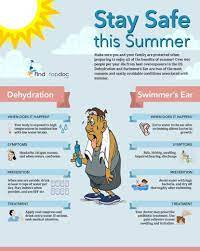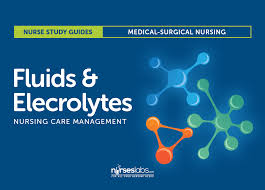The causative agents of dehydration diseases can vary depending on the specific condition. However, common causes include:
Gastroenteritis: Viruses (such as norovirus or rotavirus), bacteria (such as Salmonella or Escherichia coli), or parasites (such as Giardia) can cause gastroenteritis, leading to dehydration.
Heatstroke: Prolonged exposure to high temperatures, especially in hot and humid environments, can cause heatstroke, which results in excessive fluid loss and dehydration.
Diarrhea: Infections caused by bacteria (such as Campylobacter or Shigella), viruses (such as norovirus or rotavirus), or parasites (such as Cryptosporidium) can lead to diarrhea and subsequent dehydration.
Excessive sweating: Activities that cause excessive sweating, such as intense physical exercise or working in high-temperature environments, can result in dehydration.
The treatment for dehydration diseases typically involves rehydration and addressing the underlying cause. In cases of mild dehydration, oral rehydration solutions (ORS) containing electrolytes and fluids are commonly used. These solutions can be purchased over the counter at pharmacies or prepared at home using the appropriate ingredients.
For more severe cases of dehydration, intravenous (IV) fluid administration may be necessary. This involves receiving fluids directly into a vein, usually in a hospital or clinic setting, to rapidly replenish lost fluids and electrolytes.
It is crucial to seek medical attention if dehydration symptoms are severe or if they persist despite oral rehydration attempts. Prompt medical intervention can help prevent complications and facilitate a faster recovery.
Please note that the information provided is for general knowledge purposes only, and it's always best to consult a healthcare professional for a proper diagnosis and treatment plan.





No comments:
Post a Comment